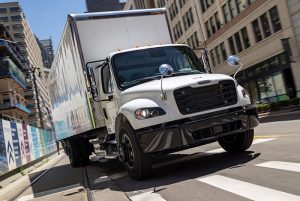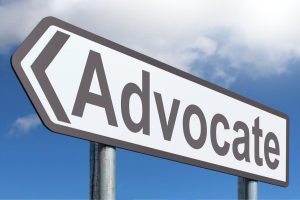Navigating NY's Zero-Emission Legislation:
Protecting Your Trucking Business in 2025 and Beyond.
The Trucking Association of New York and our partners are calling for an immediate delay of the Advanced Clean Truck (ACT) & the Heavy-Duty Omnibus (HDO) rules. New York State is set to implement the Advanced Clean Trucks (ACT) rule, requiring manufacturers to sell an increasing percentage of zero-emission medium- and heavy-duty vehicles starting in 2025. This legislation aims to reduce greenhouse gas emissions and promote cleaner air. However, it presents significant challenges for businesses reliant on diesel trucks.
Understanding the Impact of New Legislation:
 The ACT rule mandates that, beginning with model year 2025, manufacturers must sell a specified percentage of zero-emission vehicles (ZEVs) in New York. This percentage will increase annually through 2035. For instance, by 2035, 40% of new Class 7-8 tractor sales and 75% of other Class 4-8 vehicle sales must be zero-emission trucks.
The ACT rule mandates that, beginning with model year 2025, manufacturers must sell a specified percentage of zero-emission vehicles (ZEVs) in New York. This percentage will increase annually through 2035. For instance, by 2035, 40% of new Class 7-8 tractor sales and 75% of other Class 4-8 vehicle sales must be zero-emission trucks.
While the goal is to reduce emissions, the trucking industry has raised concerns about the feasibility of these targets. Challenges include the current limited availability of zero-emission trucks, higher costs compared to diesel counterparts, and insufficient charging infrastructure. As of now, fewer than 40 Class 7-8 zero-emission trucks have been registered in the state, highlighting the gap between legislative goals and market readiness.
Preparing Your Business for Compliance:
To navigate these upcoming changes, consider the following steps:
- Stay Informed: Regularly monitor updates from the New York State Department of Environmental Conservation (DEC) and industry associations to stay abreast of any modifications or delays in the legislation.
- Assess Fleet Needs: Evaluate your current fleet and identify which vehicles may need replacement or retrofitting to comply with future standards.
- Explore Incentives: Programs like the New York Truck Voucher Incentive Program (NYTVIP) offer financial assistance to offset the higher costs of zero-emission vehicles.
- Plan for Infrastructure: If considering electric vehicles, assess the feasibility of installing charging stations at your facilities or identify accessible public charging options.
- Engage with Industry Groups: Organizations such as the Trucking Association of New York are actively involved in discussions about the ACT rule and can provide valuable resources and advocacy support.
 Advocating for Practical Solutions:
Advocating for Practical Solutions:
The trucking industry has voiced concerns about the aggressive timeline of the ACT rule. Stakeholders are urging state officials to delay implementation to allow for the development of necessary infrastructure and market readiness.
To support these advocacy efforts:
- Participate in Public Hearings: Engage in forums where businesses can express concerns and suggest practical timelines.
- Collaborate with Associations: Join industry groups that represent your interests and can amplify your voice in legislative discussions.
- Communicate with Legislators: Reach out to state representatives to share how the legislation impacts your business and propose feasible solutions.
Conclusion:
While the transition to Zero-Emission Vehicles is a significant shift, proactive planning and engagement can help your business adapt effectively. By staying informed, leveraging available resources and participating in advocacy, you can navigate these changes and continue to thrive in New York’s evolving regulatory landscape.
